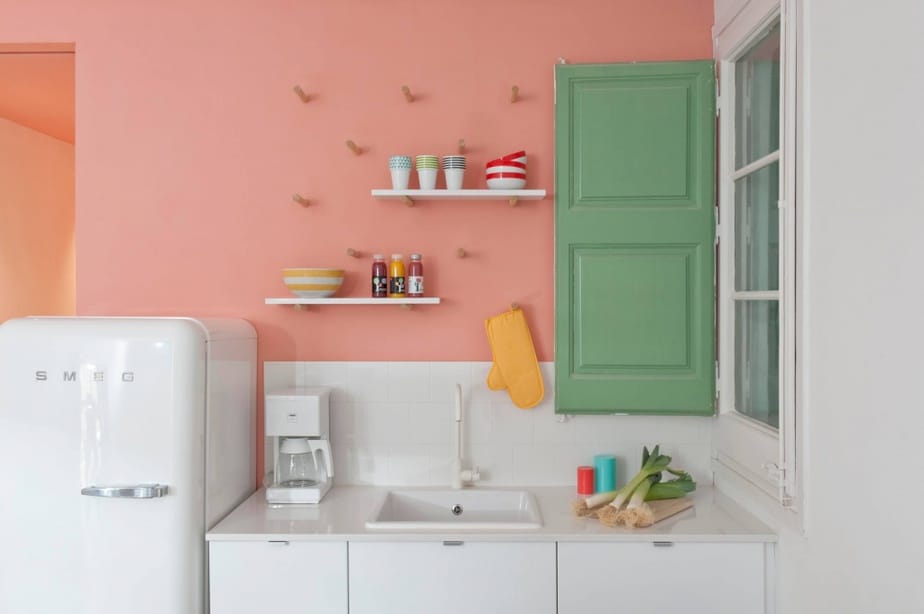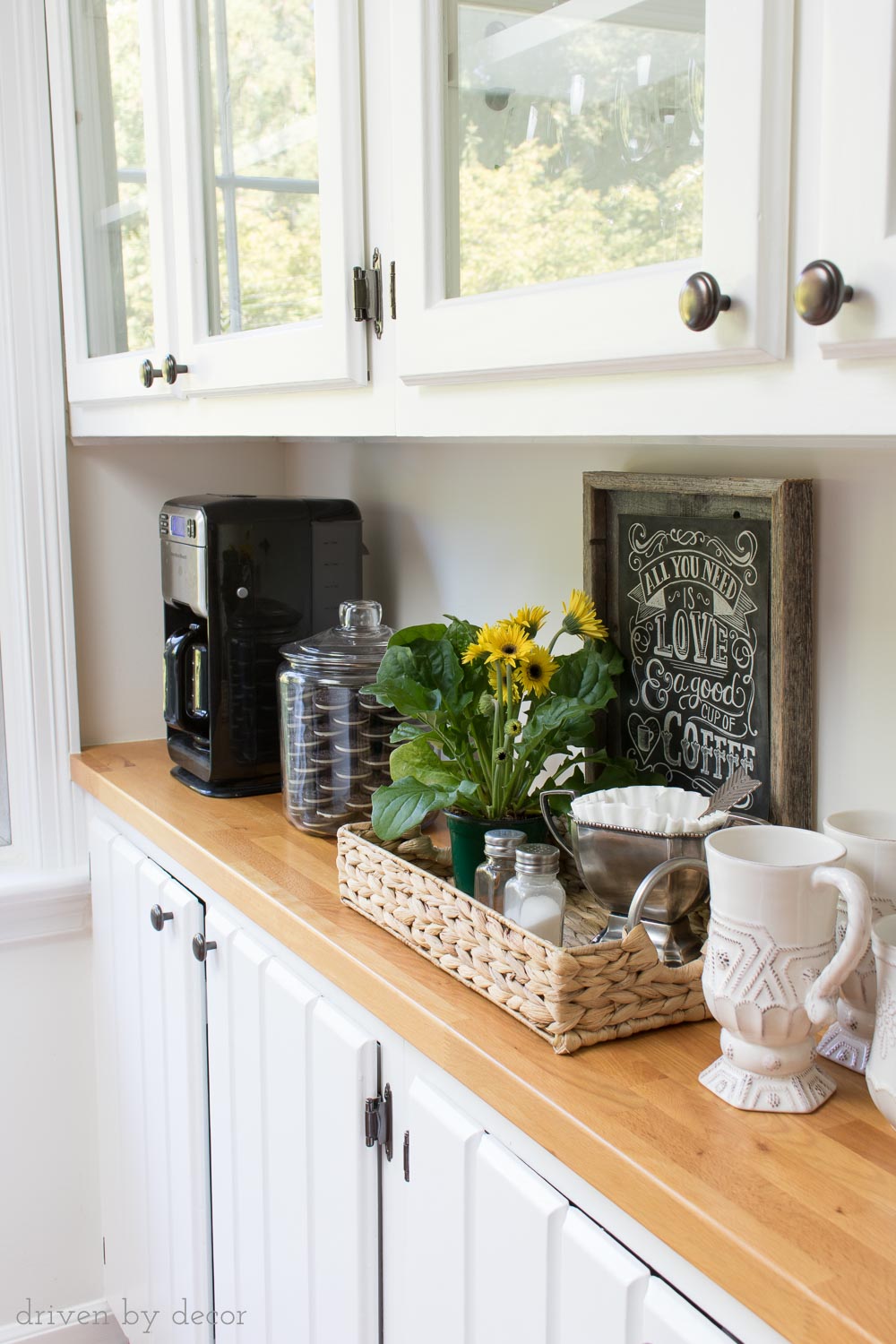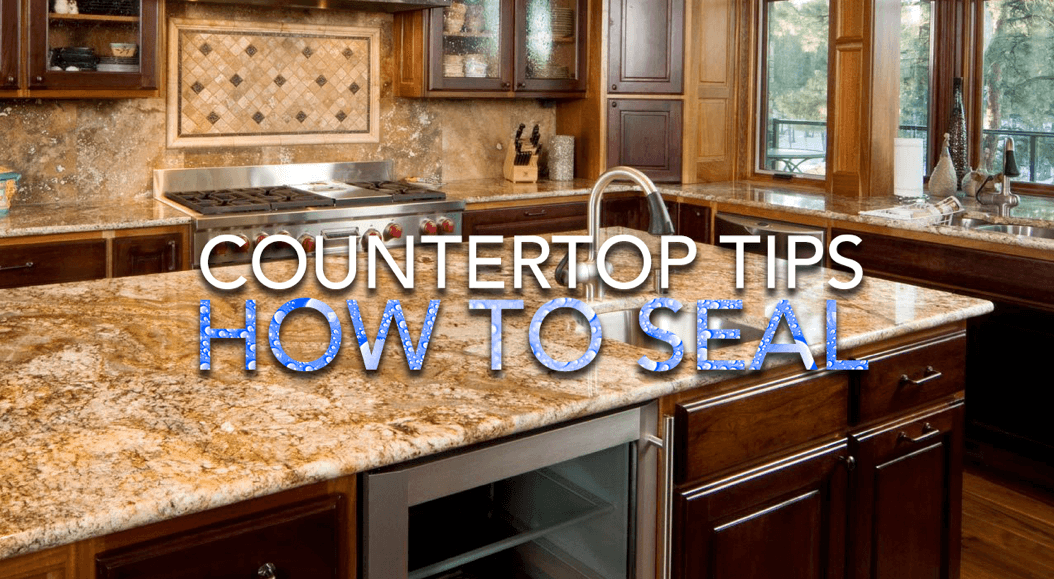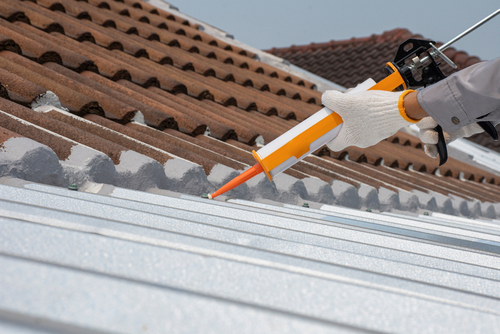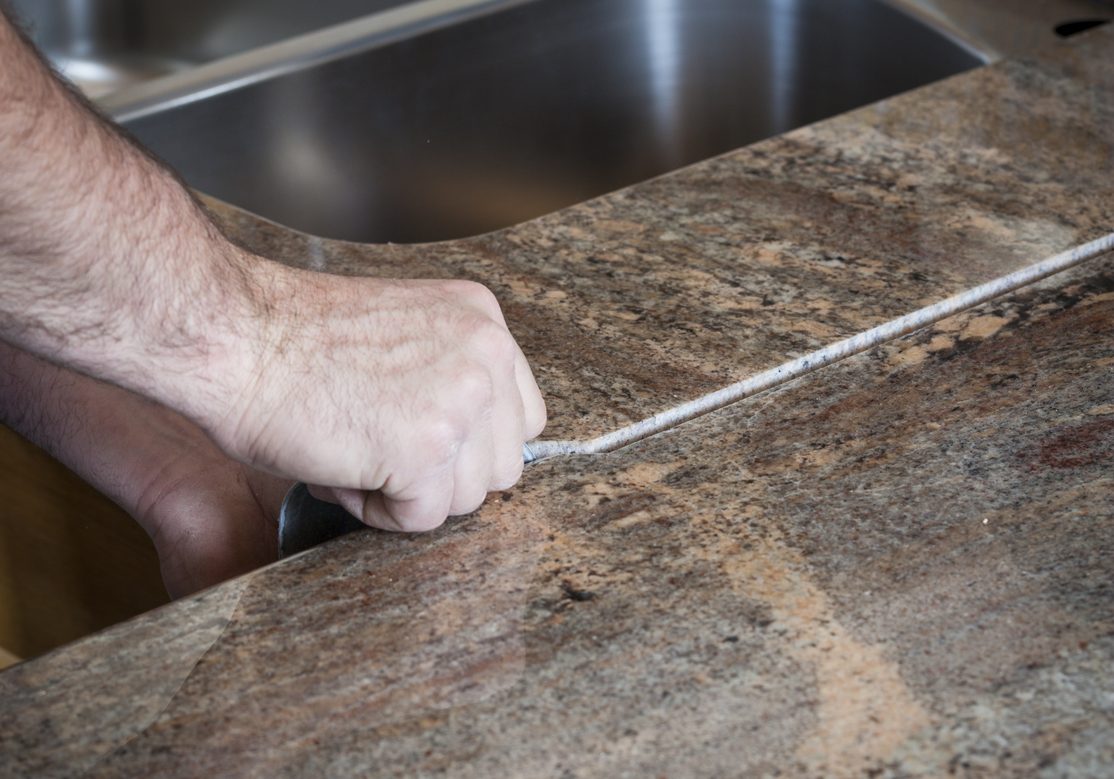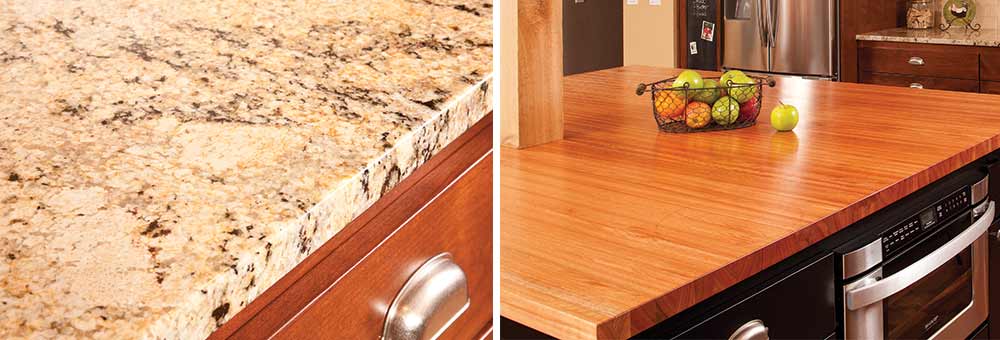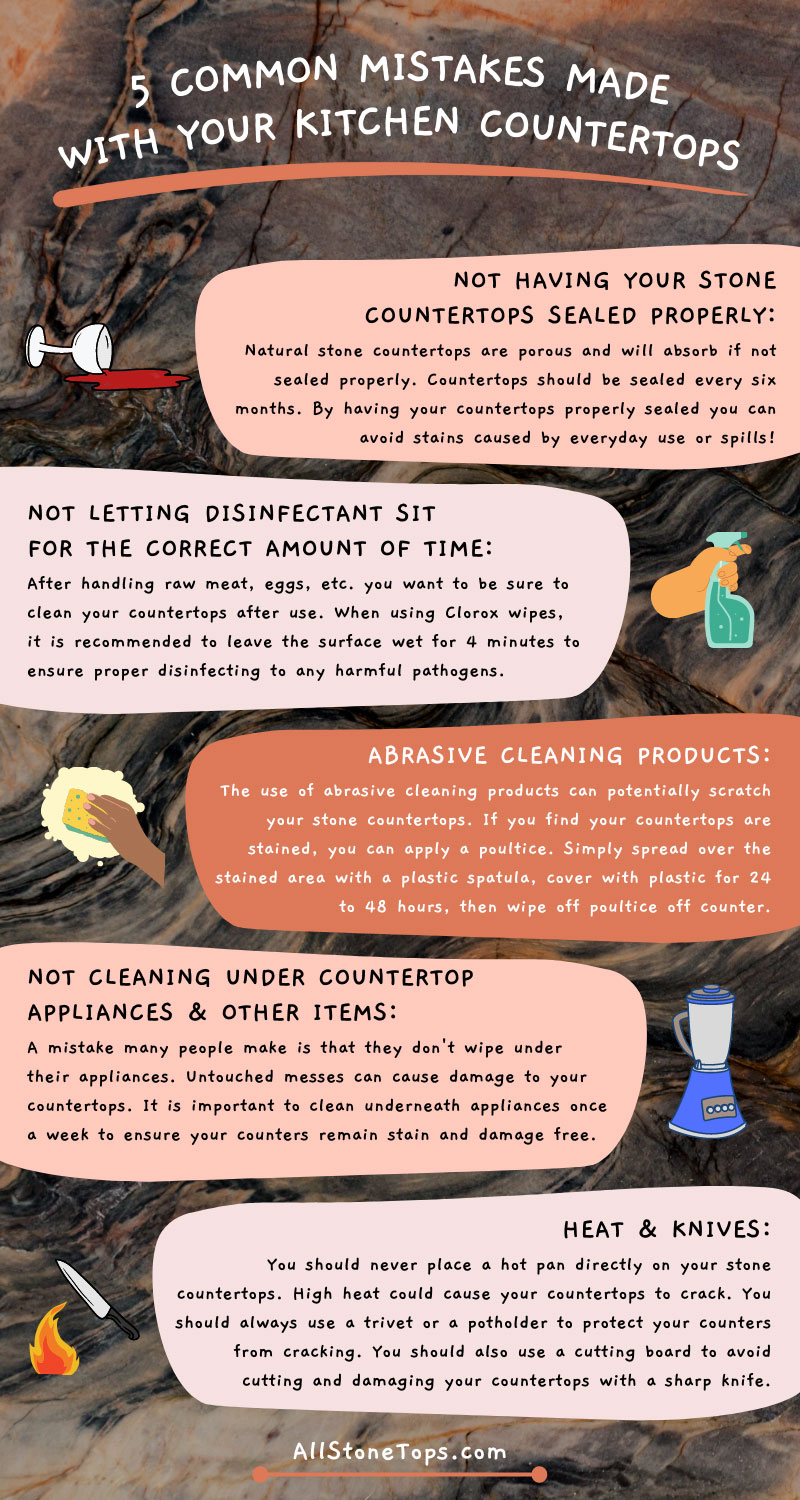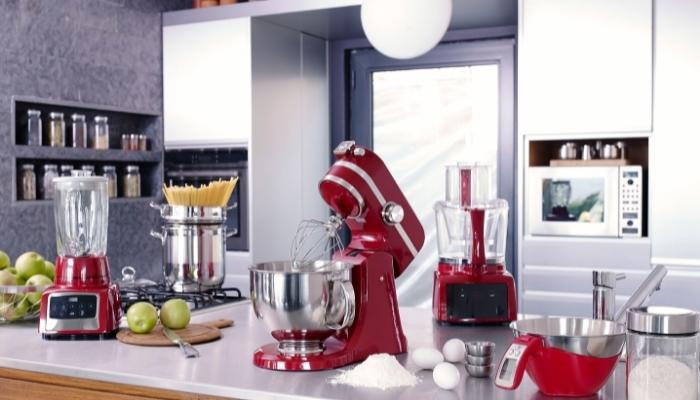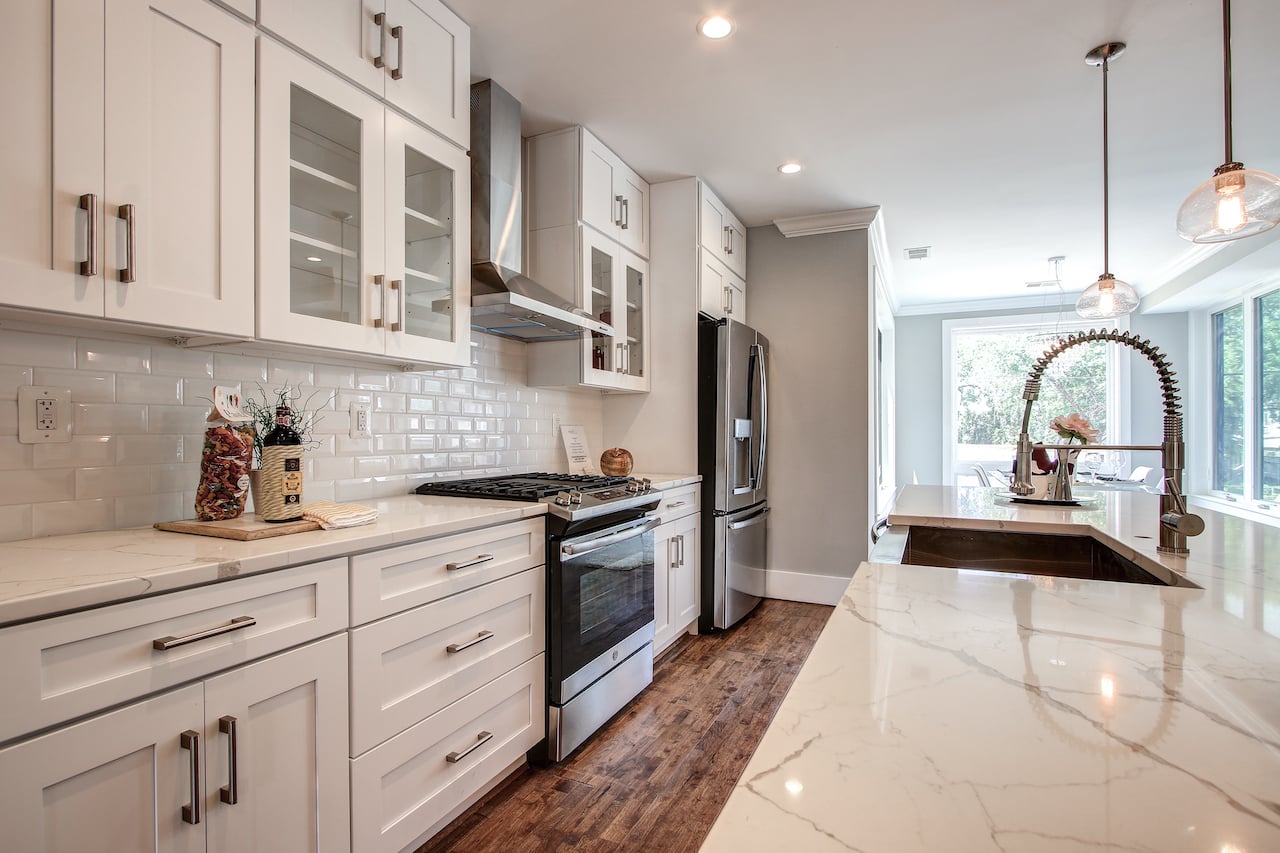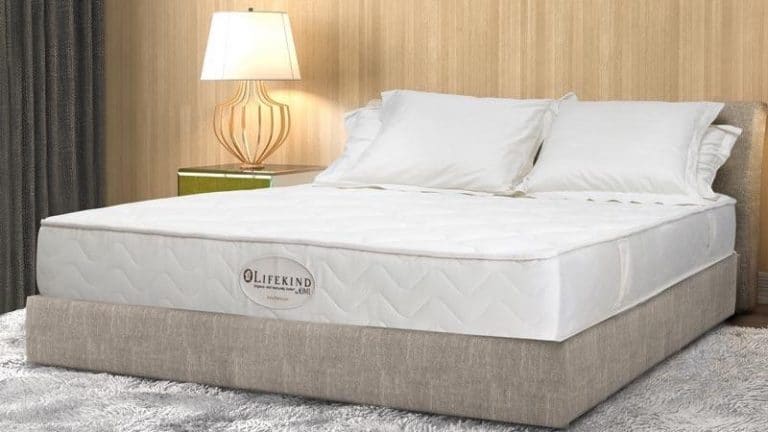Sealing your kitchen countertop wall is an important step in maintaining the longevity and appearance of your kitchen. Not only does it protect the wall from potential water damage and stains, but it also gives your kitchen a clean and polished look. Here are some steps and tips on how to properly seal your kitchen countertop wall.How to Seal a Kitchen Countertop Wall
Silicone is a popular choice for sealing kitchen countertop walls due to its waterproof and mold-resistant properties. To seal your kitchen countertop wall with silicone, start by cleaning the wall surface with a mild detergent and allowing it to dry completely. Then, using a caulking gun, apply a thin line of silicone along the edges and seams of the countertop. Use a damp cloth or your finger to smooth out the silicone and remove any excess. Allow it to dry for 24 hours before using the kitchen.How to Seal a Kitchen Countertop Wall with Silicone
When choosing a sealant for your kitchen countertop wall, it is important to consider the material of your countertop and the type of wall surface. For natural stone countertops, a penetrating sealer is recommended to prevent any potential damage. For laminate or solid surface countertops, a silicone or acrylic-based sealant is a good choice. It is always best to consult with a professional or read the manufacturer's recommendations for the best sealant for your specific countertop material.Best Sealant for Kitchen Countertop Walls
Caulk is another popular sealant for kitchen countertop walls, as it is easy to apply and can be painted over for a seamless look. Start by cleaning the wall surface and allowing it to dry completely. Then, using a caulking gun, apply a thin line of caulk along the edges and seams of the countertop. Use a damp cloth or your finger to smooth out the caulk and remove any excess. Allow it to dry for 24 hours before using the kitchen.How to Seal a Kitchen Countertop Wall with Caulk
Aside from silicone and caulk, there are other sealing options available for kitchen countertop walls. Some people opt for a polyurethane or epoxy sealant for added durability and protection. Others choose a natural wax or oil-based sealant for a more eco-friendly option. It is important to research and choose a sealant that best fits your personal preferences and needs.Sealing Options for Kitchen Countertop Walls
Sealing your kitchen countertop wall can be easily done as a DIY project, saving you time and money. However, it is important to follow the proper steps and use the correct sealant for your specific countertop material. Make sure to thoroughly clean and dry the wall surface before applying the sealant, and always allow for the recommended drying time before using the kitchen.DIY Kitchen Countertop Wall Sealing
Here are some additional tips to keep in mind when sealing your kitchen countertop wall:Sealing Tips for Kitchen Countertop Walls
The frequency of sealing your kitchen countertop walls depends on the type of sealant used and the amount of wear and tear the kitchen experiences. Generally, it is recommended to seal your kitchen countertop walls every 6 months to a year. However, if you notice any water damage or stains, it is best to reseal the walls as soon as possible.How Often Should You Seal Kitchen Countertop Walls?
Sealing your kitchen countertop walls not only adds to the overall appearance and cleanliness of your kitchen, but it also provides many benefits. Sealing protects the wall from potential water damage, stains, and mold growth. It also makes cleaning the kitchen easier, as spills and splatters can be wiped away without seeping into the wall surface.Benefits of Sealing Kitchen Countertop Walls
When sealing your kitchen countertop walls, there are some common mistakes that should be avoided:Common Mistakes When Sealing Kitchen Countertop Walls
Why Sealing Your Kitchen Countertop Wall is Essential for a Beautiful and Functional Home
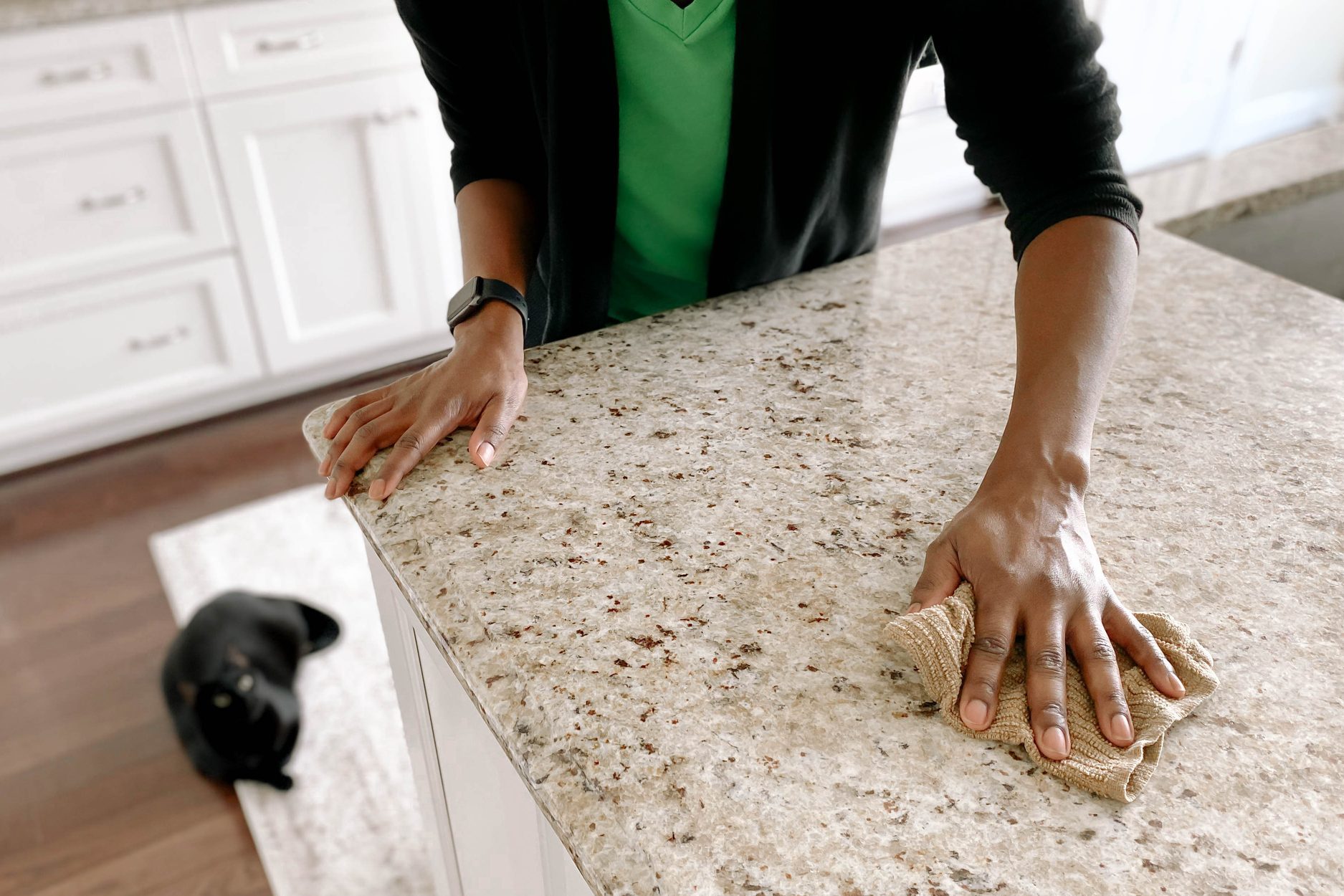
The Importance of Sealing Your Kitchen Countertop Wall
 When it comes to designing and decorating your home, the kitchen is often the heart of the house. It's where families gather to cook and share meals, and it's also a space for entertaining guests. As such, it's important to ensure that your kitchen not only looks beautiful but is also functional and easy to maintain. One often overlooked aspect of kitchen design is sealing the countertop wall.
Sealing
is the process of applying a protective layer over the surface of the countertop to prevent water, stains, and other substances from seeping into the material. This process not only helps to maintain the appearance of your kitchen but also helps to extend the lifespan of your countertop.
When it comes to designing and decorating your home, the kitchen is often the heart of the house. It's where families gather to cook and share meals, and it's also a space for entertaining guests. As such, it's important to ensure that your kitchen not only looks beautiful but is also functional and easy to maintain. One often overlooked aspect of kitchen design is sealing the countertop wall.
Sealing
is the process of applying a protective layer over the surface of the countertop to prevent water, stains, and other substances from seeping into the material. This process not only helps to maintain the appearance of your kitchen but also helps to extend the lifespan of your countertop.
The Benefits of Sealing Your Kitchen Countertop Wall
 Sealing
your kitchen countertop wall offers a multitude of benefits that go beyond just aesthetics. It helps to prevent the growth of bacteria and mold, which can be harmful to your health. By sealing the countertop, you create a barrier that makes it easier to clean and maintain a hygienic surface. This is especially important in a kitchen where food is prepared.
Sealing
also protects your countertop from scratches, heat damage, and fading caused by exposure to sunlight. This means your countertop will continue to look new and beautiful for years to come.
Sealing
your kitchen countertop wall offers a multitude of benefits that go beyond just aesthetics. It helps to prevent the growth of bacteria and mold, which can be harmful to your health. By sealing the countertop, you create a barrier that makes it easier to clean and maintain a hygienic surface. This is especially important in a kitchen where food is prepared.
Sealing
also protects your countertop from scratches, heat damage, and fading caused by exposure to sunlight. This means your countertop will continue to look new and beautiful for years to come.
The Process of Sealing Your Kitchen Countertop Wall
 The process of sealing your kitchen countertop wall is relatively simple and can be done by a professional or as a DIY project. First, the surface of the countertop is cleaned and any existing sealant is removed. Then, a new sealant is applied evenly over the entire surface, including the edges and seams. The sealant is left to dry for a few hours before a second coat is applied. Once the second coat is dry, a final layer of sealant is added to ensure maximum protection. It's important to follow the instructions of the sealant manufacturer for the best results.
The process of sealing your kitchen countertop wall is relatively simple and can be done by a professional or as a DIY project. First, the surface of the countertop is cleaned and any existing sealant is removed. Then, a new sealant is applied evenly over the entire surface, including the edges and seams. The sealant is left to dry for a few hours before a second coat is applied. Once the second coat is dry, a final layer of sealant is added to ensure maximum protection. It's important to follow the instructions of the sealant manufacturer for the best results.
Conclusion
 In conclusion,
sealing
your kitchen countertop wall is an essential step in creating a beautiful and functional home. It not only helps to maintain the appearance of your kitchen but also provides a hygienic and durable surface for food preparation. By taking the time to properly seal your countertop, you can ensure that it will continue to look its best for years to come. So, don't overlook this important aspect of kitchen design and take the necessary steps to seal your countertop today.
In conclusion,
sealing
your kitchen countertop wall is an essential step in creating a beautiful and functional home. It not only helps to maintain the appearance of your kitchen but also provides a hygienic and durable surface for food preparation. By taking the time to properly seal your countertop, you can ensure that it will continue to look its best for years to come. So, don't overlook this important aspect of kitchen design and take the necessary steps to seal your countertop today.




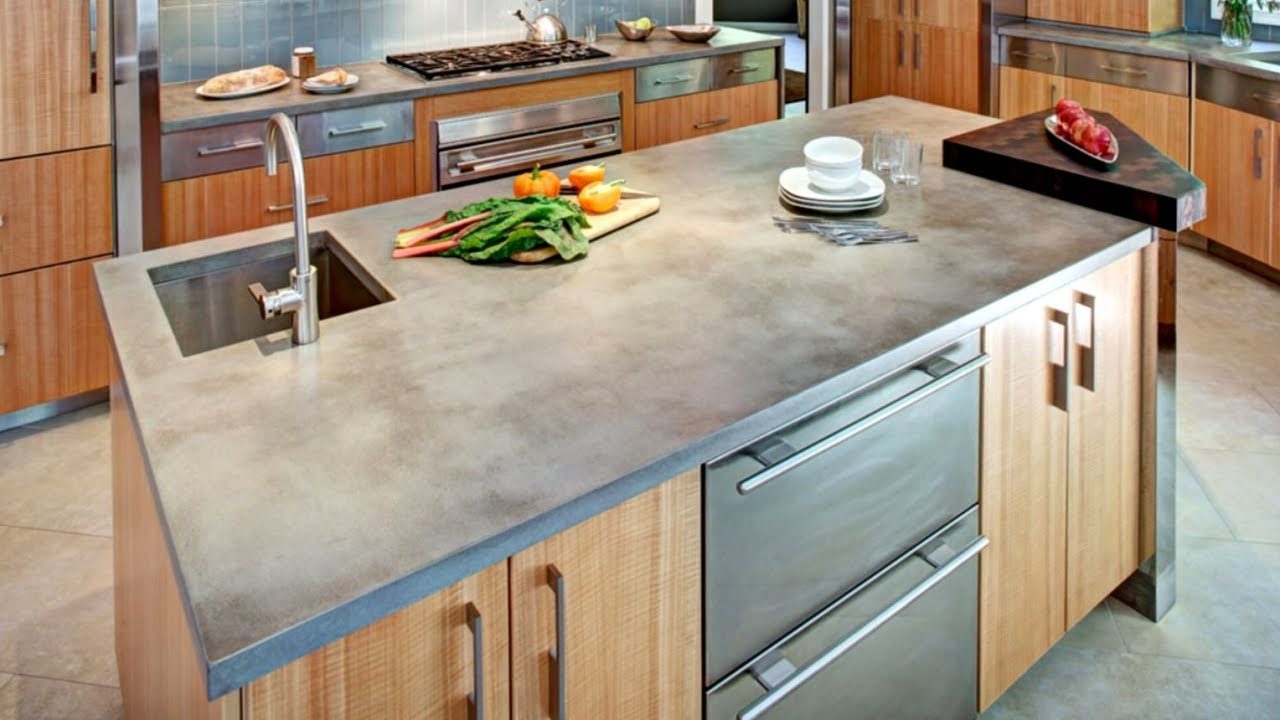
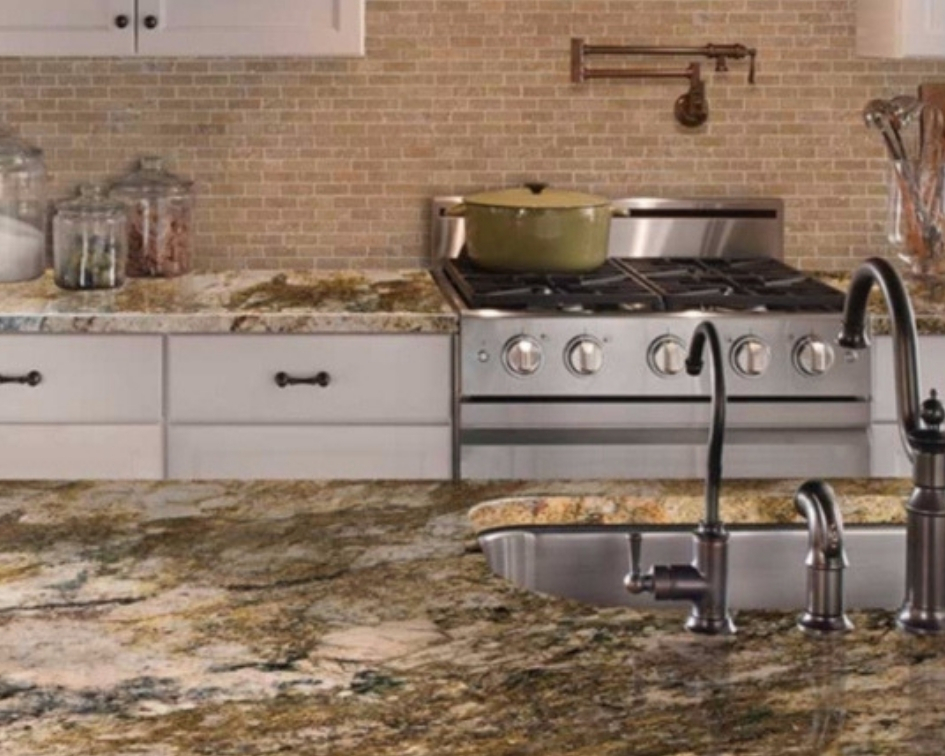


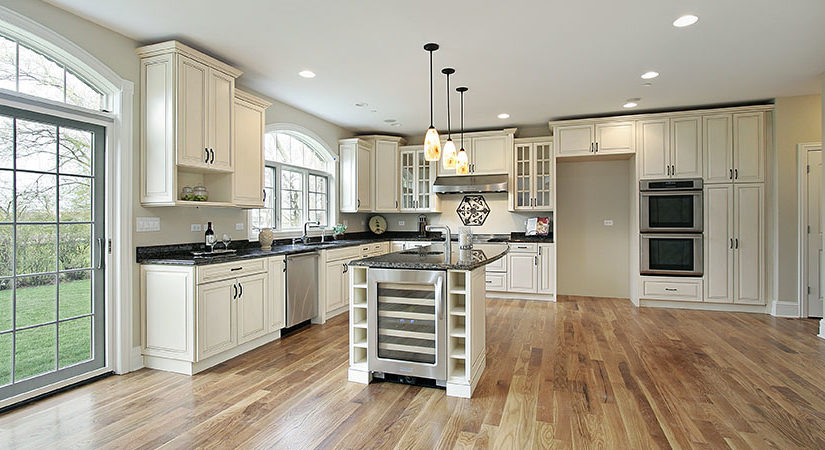

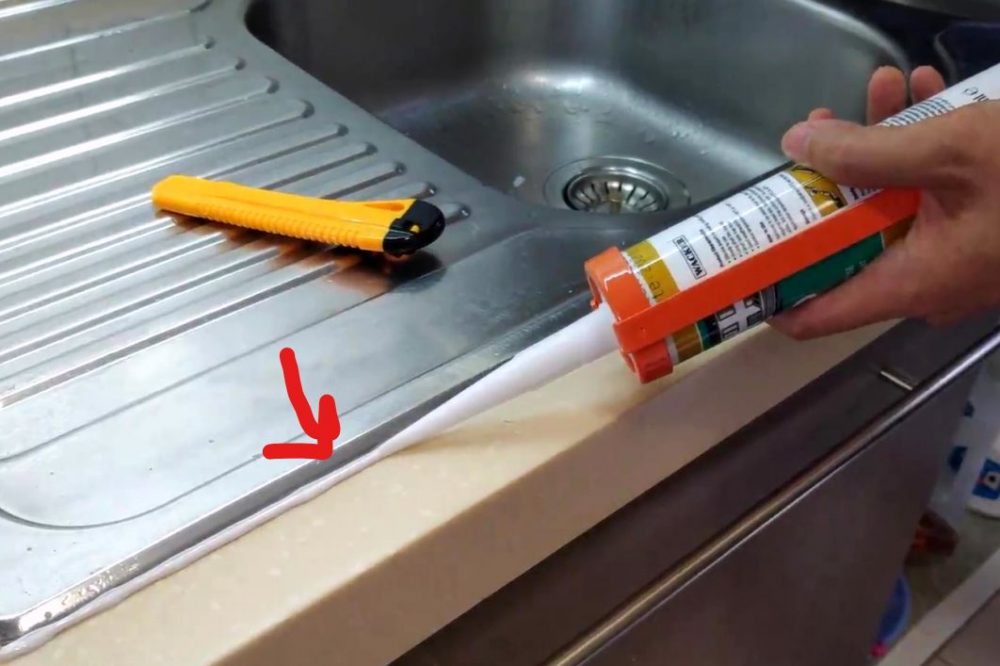
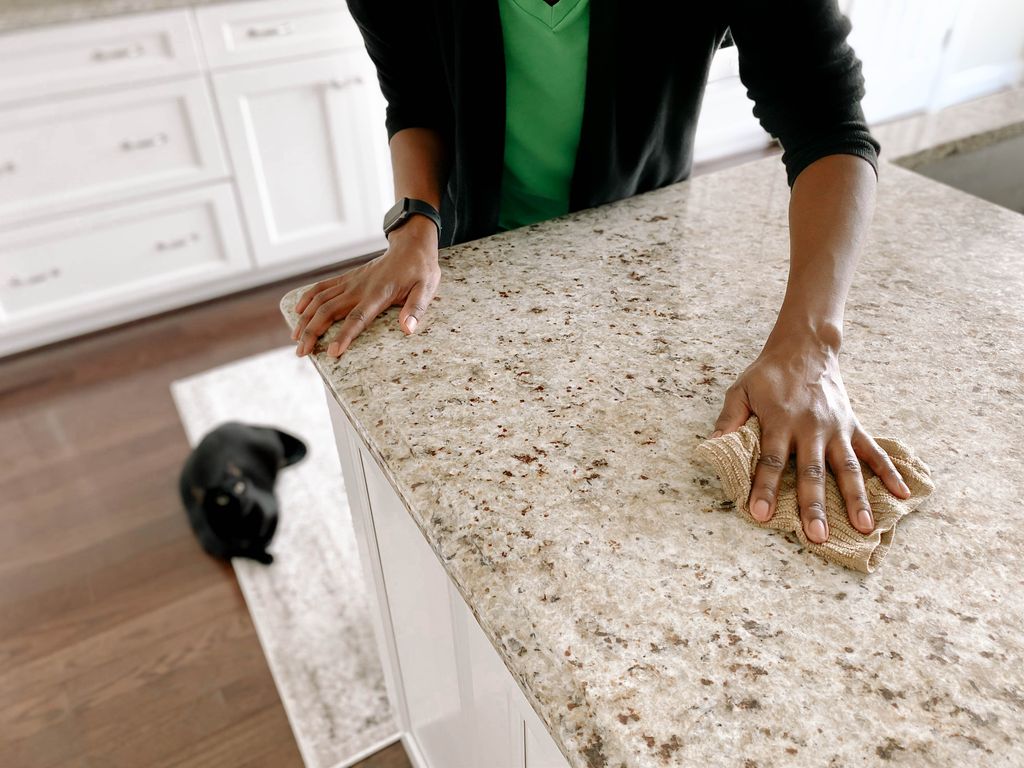




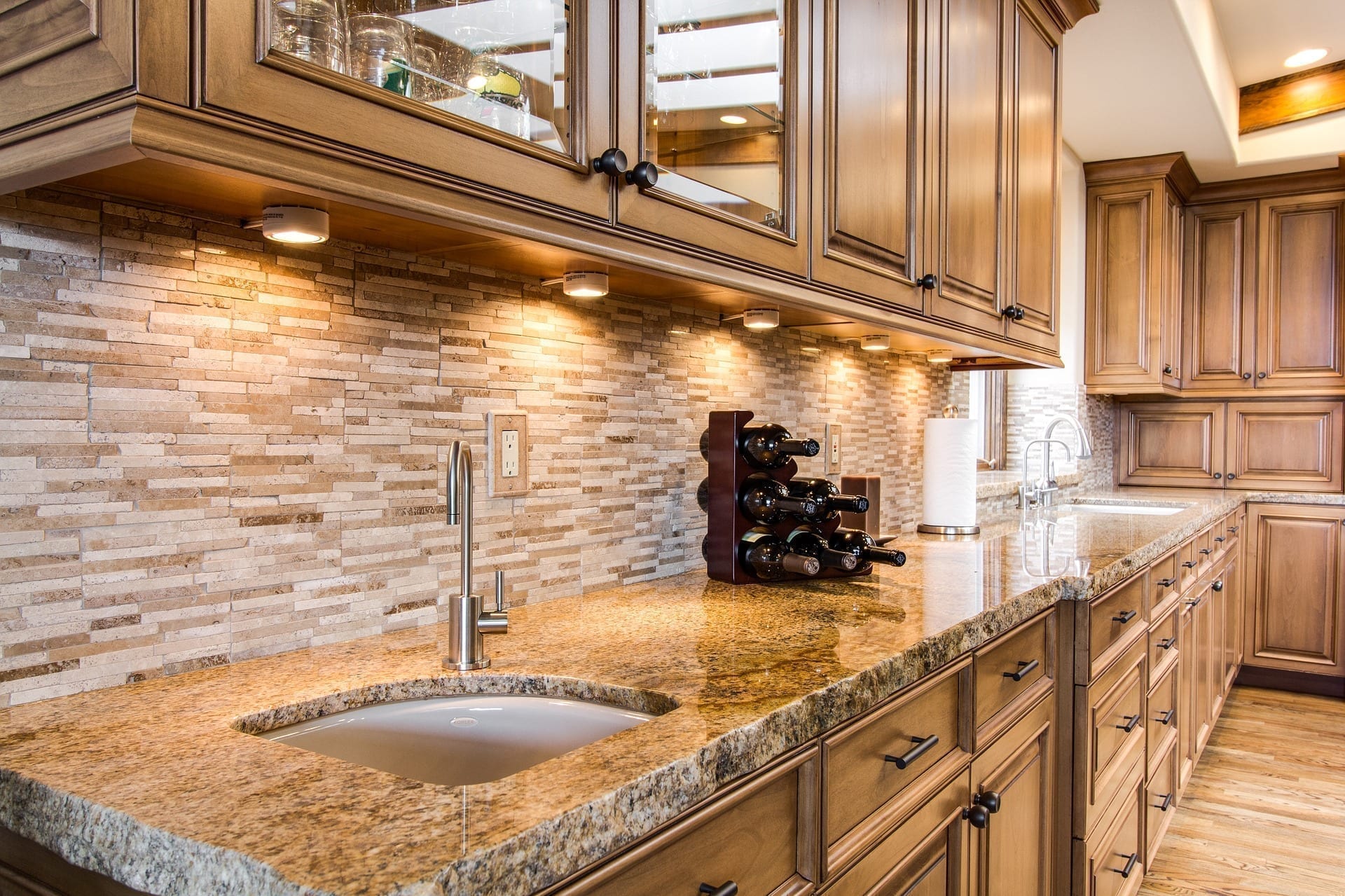
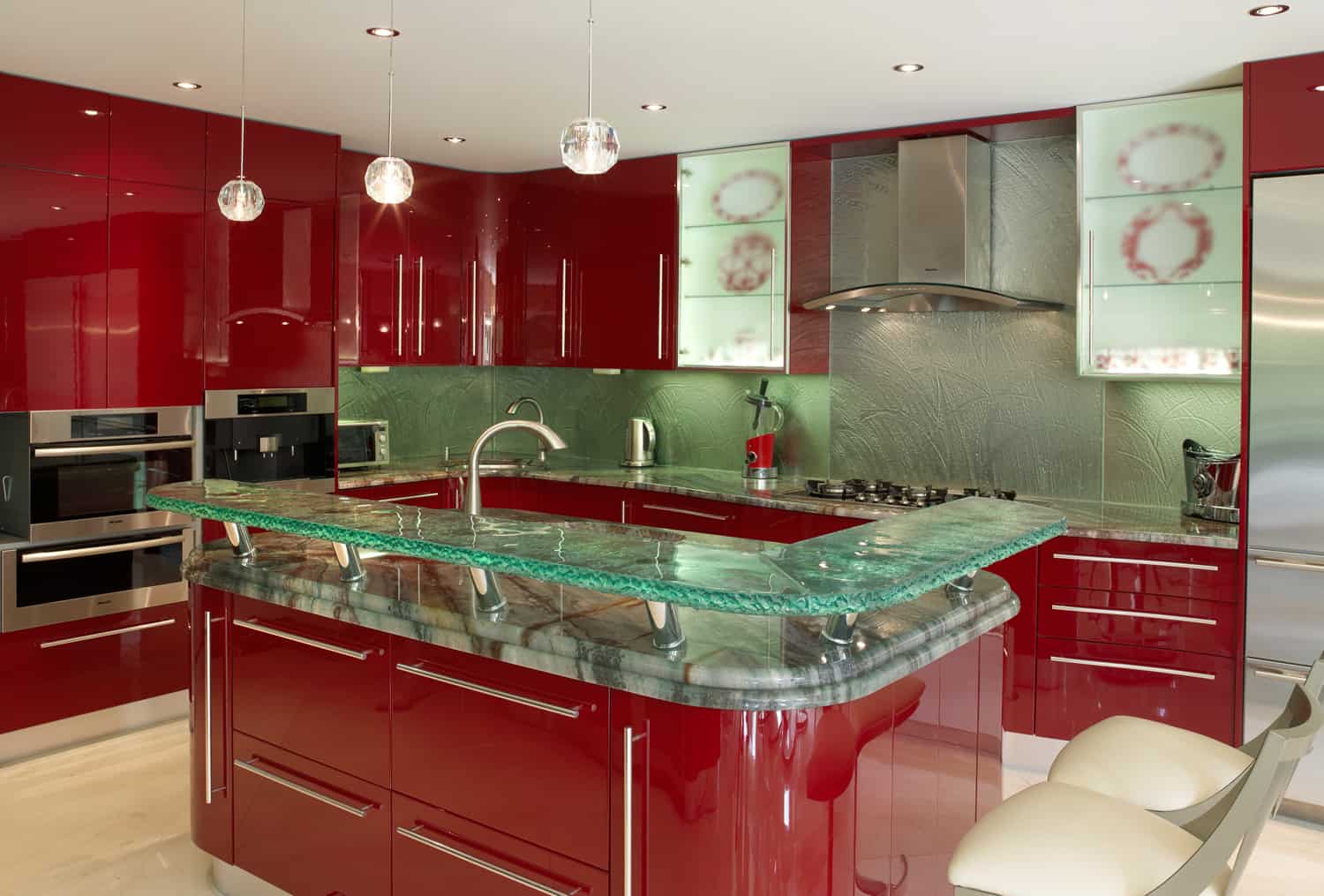


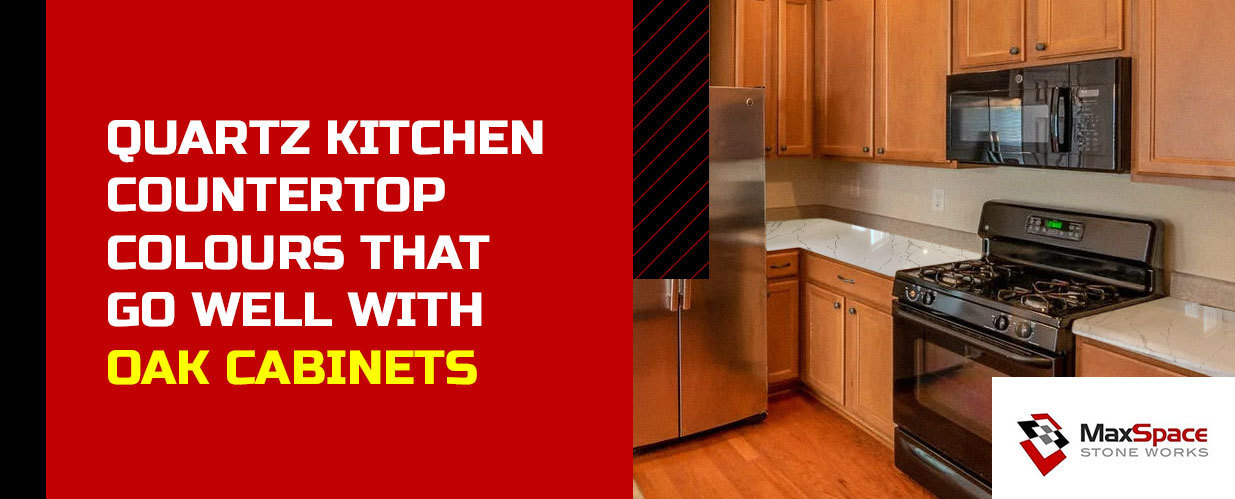



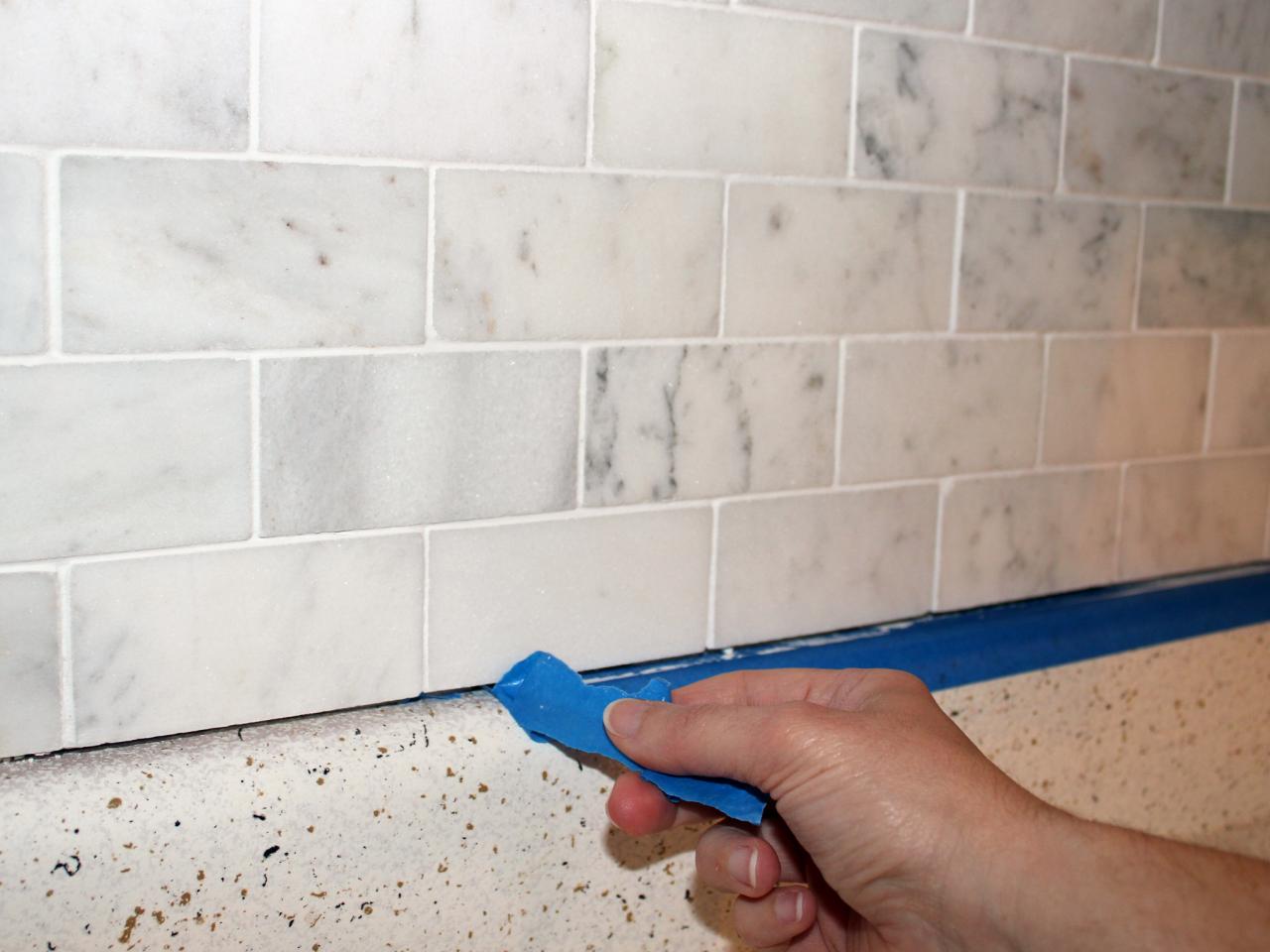
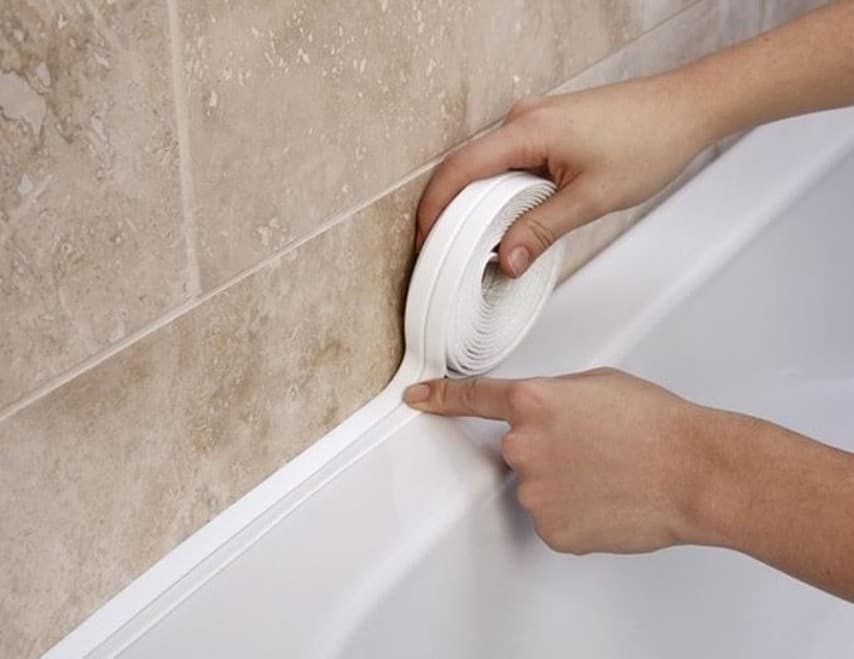
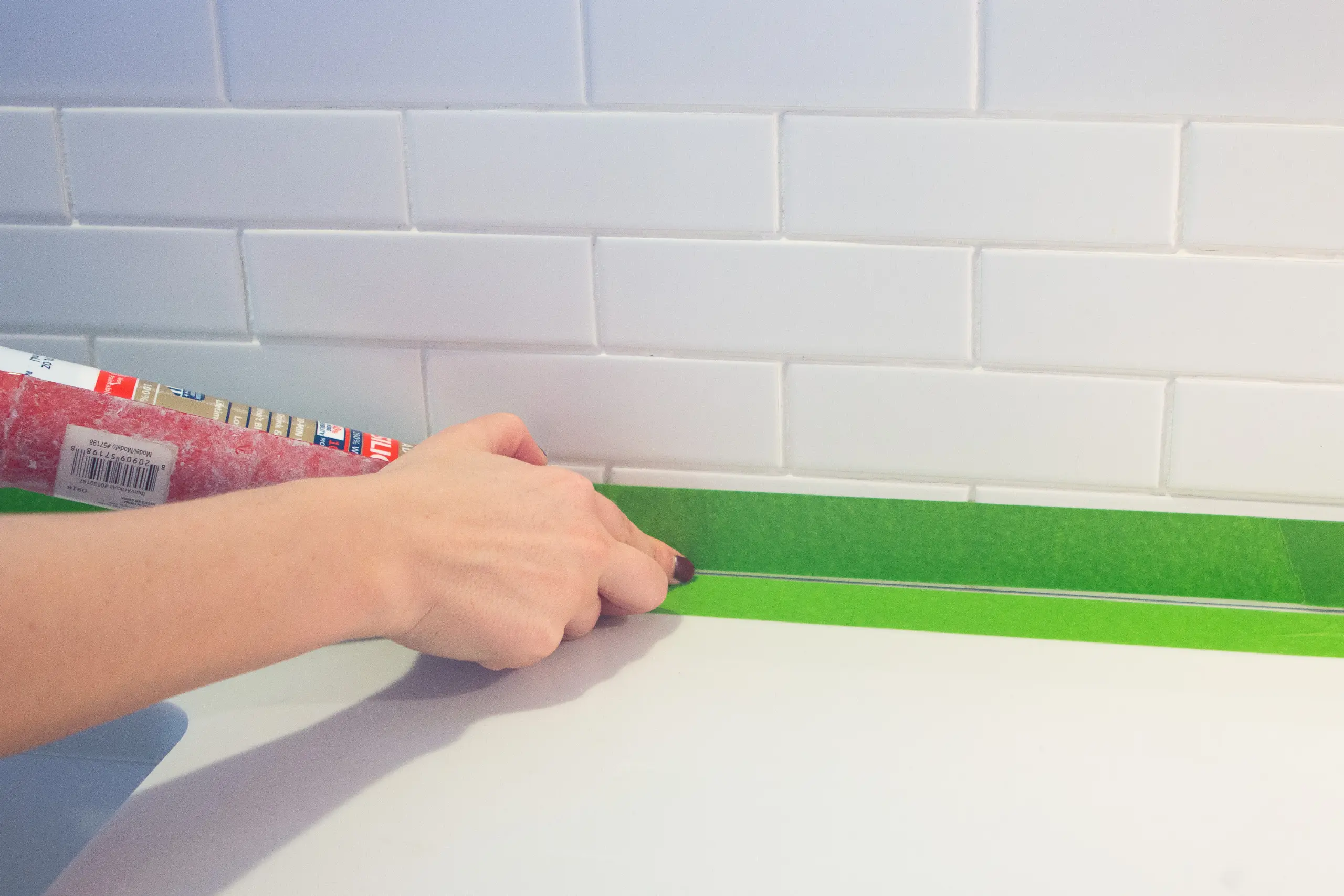






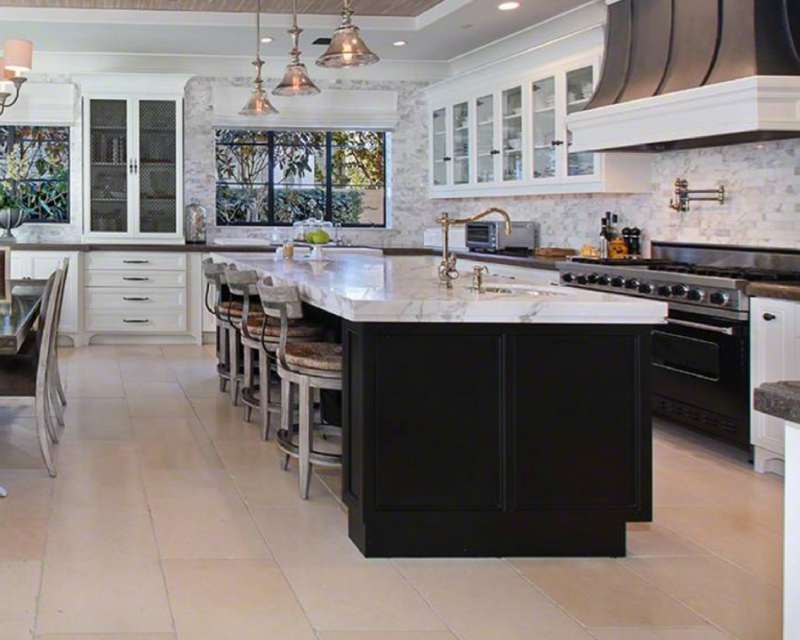
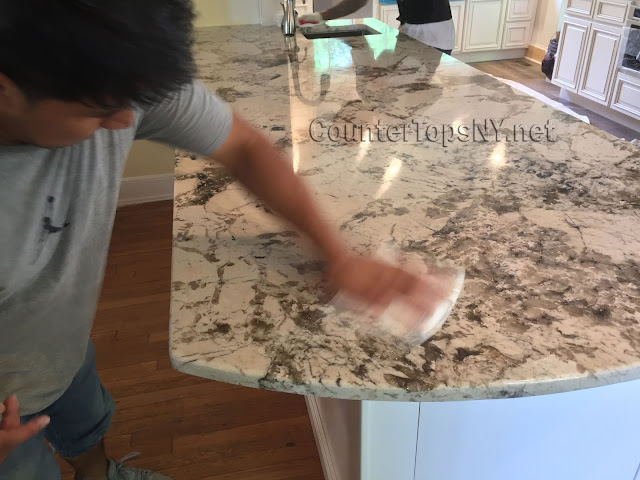



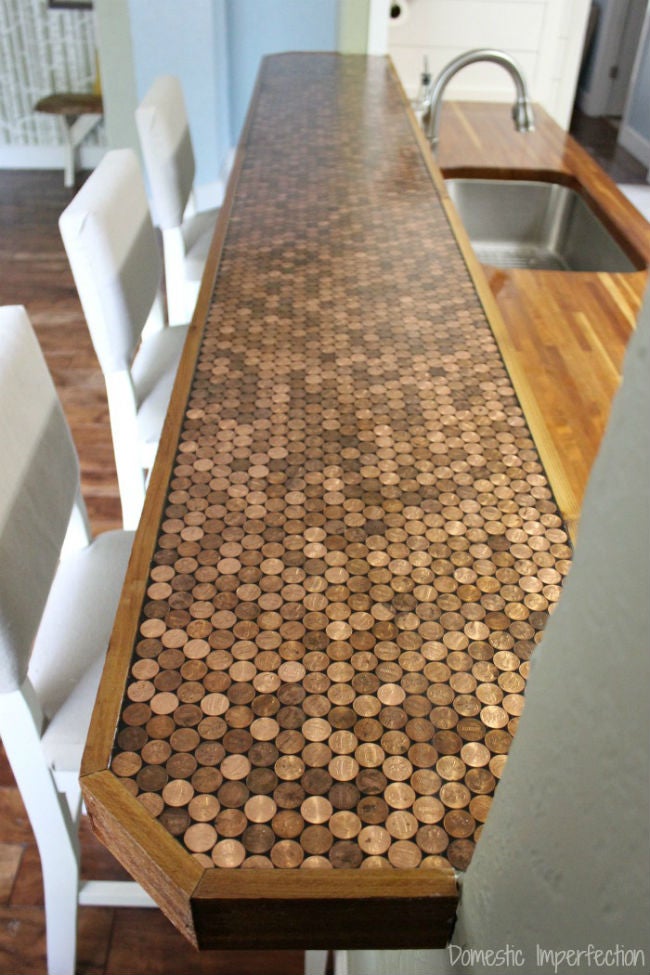




:max_bytes(150000):strip_icc()/Epoxy-DIY-Countertops-Via-Smallspaces.about.com-56d33a003df78cfb37d23f47.jpg)

